Spina bifida — a malformation of the spine — is one of several neural tube defects affecting around 300,000 newborns worldwide each year. Every 30 seconds, a child is born with spina bifida and/or hydrocephalus, conditions that can cause lifelong challenges such as paralysis, mobility issues, and bladder or bowel dysfunction.
These defects occur when the neural tube, which forms in the first four weeks of pregnancy, fails to close properly — often before a woman even knows she is pregnant.
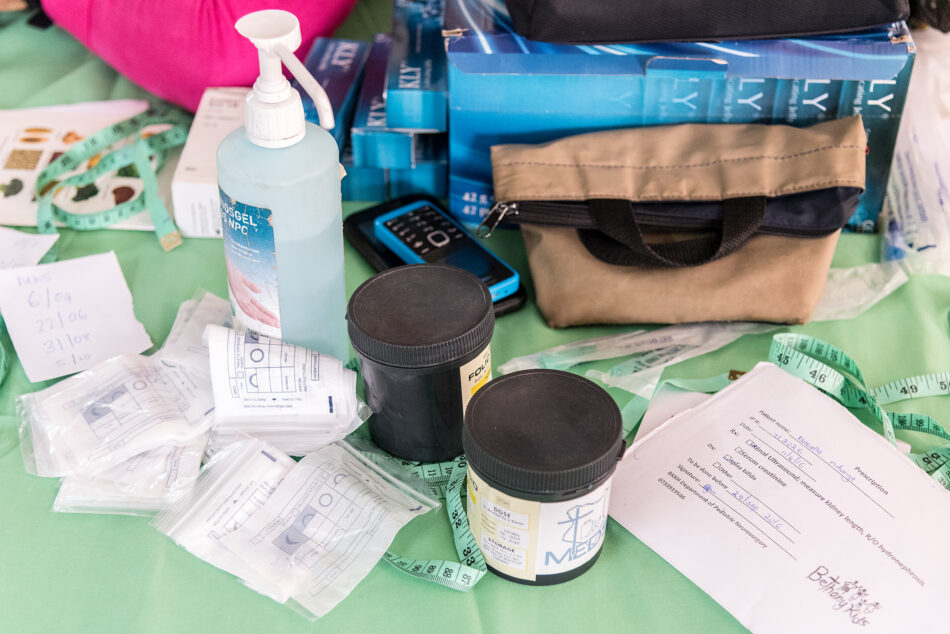
Folic acid, a B-group vitamin, plays a crucial role in preventing neural tube defects like spina bifida. Research shows that taking folic acid can reduce the risk by at least 50%.
It is therefore recommended that women of childbearing age start taking folic acid at least two months before conception and continue during the early stages of pregnancy.
In many countries of the Global South, where malnutrition and limited access to healthcare are major issues, the risk of neural tube defects is particularly high. Countries such as Tanzania, Ethiopia, and Algeria face a heavy burden of spina bifida.
For many women in these regions, however, folic acid remains out of reach. A year’s supply of multivitamins containing 400 micrograms of folic acid costs around €3 — a sum that many families simply cannot afford. Yet, this small cost can make a life-changing difference.
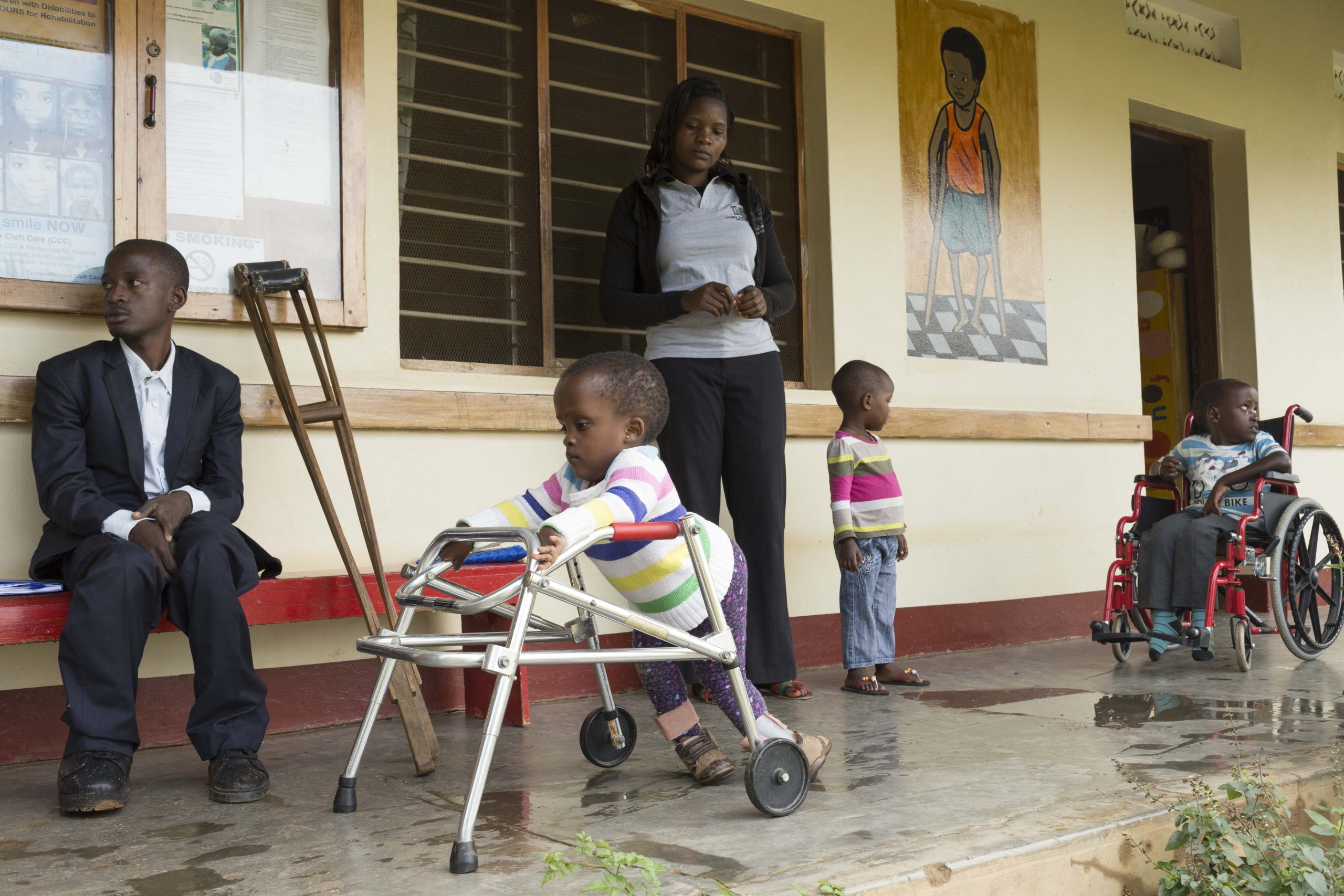
Child-Help is actively engaged in the prevention of spina bifida and hydrocephalus by distributing folic acid tablets to women of childbearing age.
Our projects span eleven partner countries, including South Africa, Tanzania, Zambia, Kenya, Malawi, Ethiopia, Rwanda, Peru, Guatemala, and Ukraine.
In our Houses of Hope, folic acid is provided free of charge to women who need it most. At the same time, we run educational campaigns in schools, clinics, and communities to raise awareness about the importance of folic acid before and during pregnancy.
Beyond prevention, Child-Help also supports self-help groups (support groups) that advocate for access to medical care and promote initiatives to improve the quality of life for people living with spina bifida and hydrocephalus. Our work aims not only to protect mothers and children but also to foster lasting change in their communities.
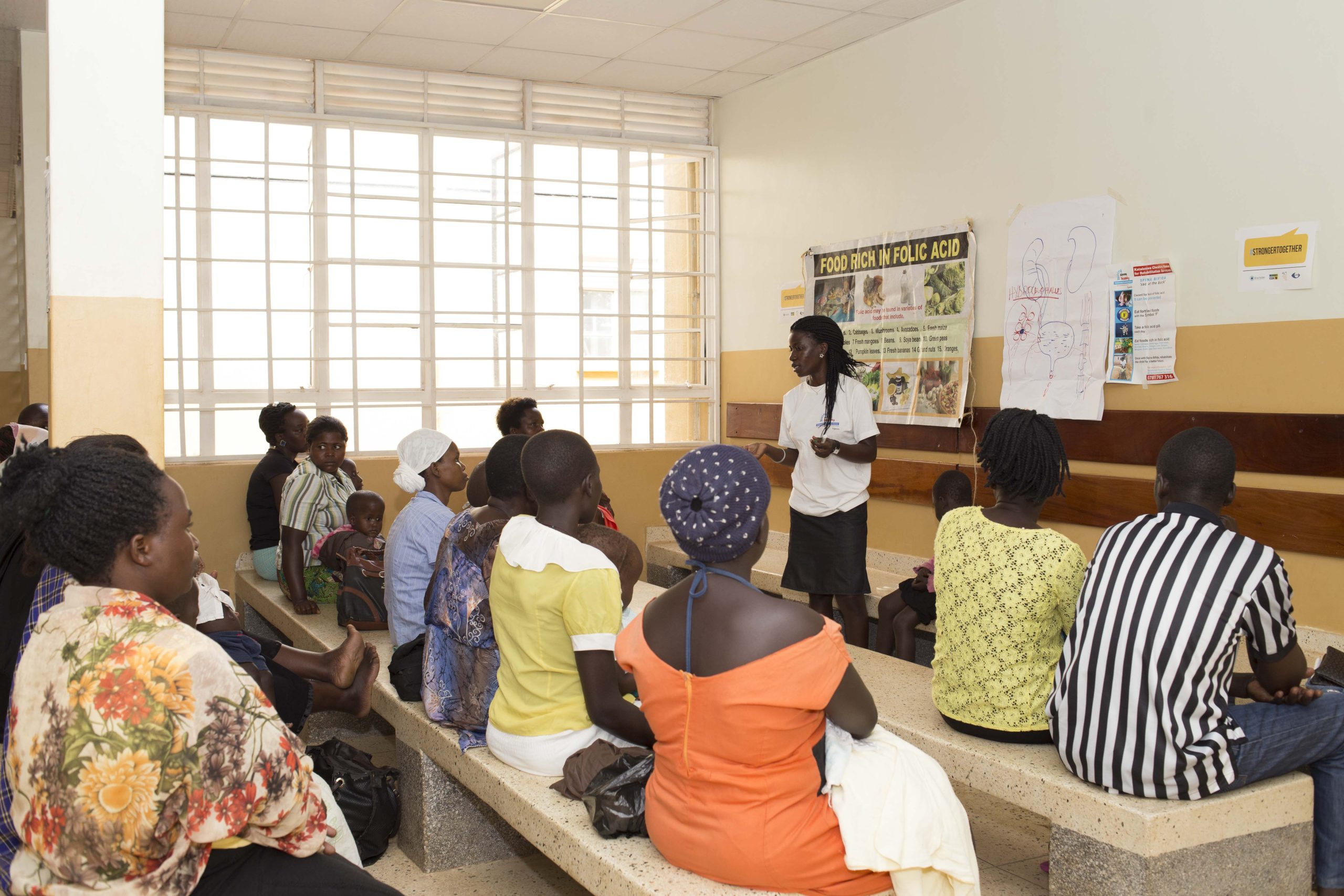
With just €3, we can provide one woman with a year’s supply of folic acid — giving her child a better chance at a healthy start in life.
This small contribution can prevent a lifelong disability, sparing families from the emotional and financial strain that comes with spina bifida and hydrocephalus.
Through this initiative, our goal is to reduce the number of newborns affected by spina bifida worldwide through prevention and education, while improving the lives of children and adults already living with the condition.
Together, we can ensure that more children are born healthy and have the opportunity to grow up with hope and dignity.
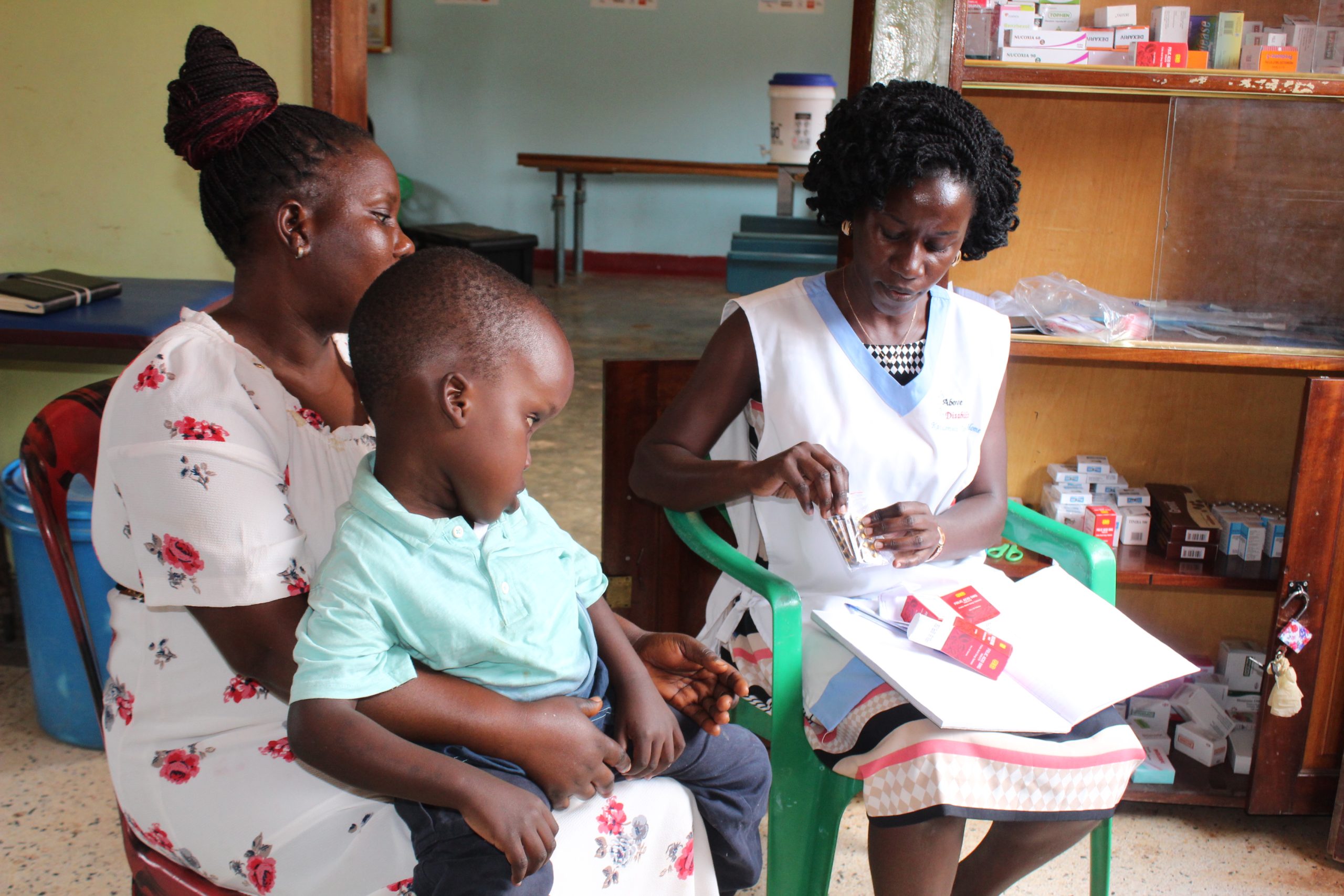
Support Child-Help by making a donation.
Your contribution helps us reach more women, expand education on folic acid, and strengthen prevention efforts against spina bifida and hydrocephalus.
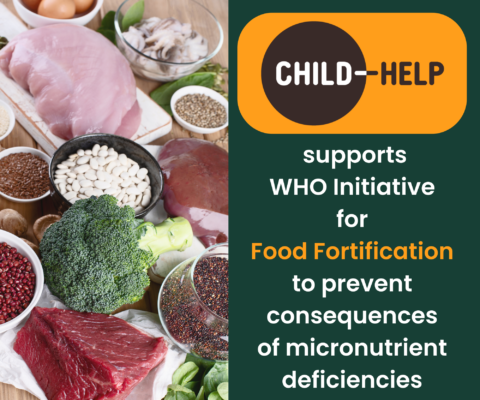
Child-Help supports resolution “Accelerating efforts for preventing micronutrient deficiencies and their consequences, including spina bifida and other neural tube defects, through safe and effective food fortification” which is going to be submitted for approval in May 2023, at the 76th World Health Assembly.
Find the resolution here:
Read more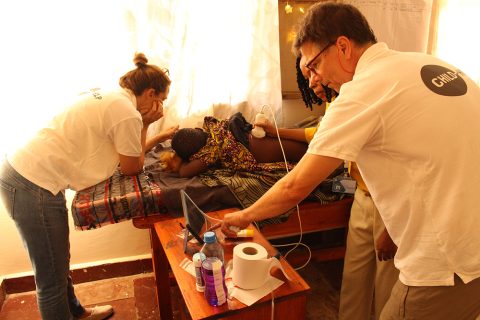
In the countries of the Global South where Child-Help is active, there is often a lack of basic medical equipment to enable children with spina bifida and hydrocephalus to receive the care they need. A mobile ultrasound device can make all the difference here – it enables the early detection of kidney damage (hydronephrosis), the diagnosis of hydrocephalus and also helps to recognise other internal conditions at an early stage.
Read more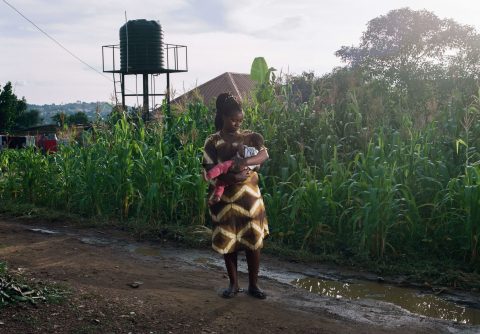
In many African societies, the birth of a child with a disability often deepens the already challenging position of women.
Read more